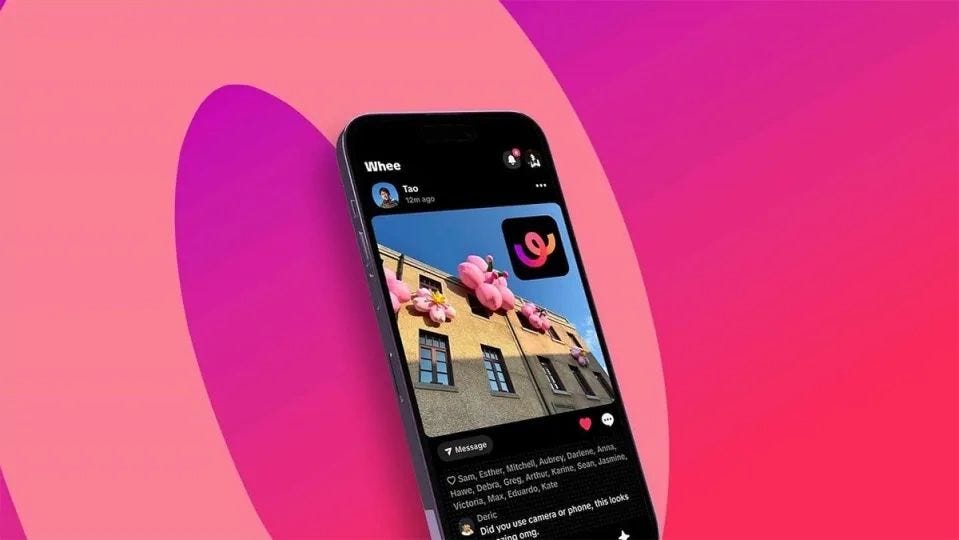SOCIAL NETWORK
Comparing the Landscape of Twitter-like Apps
The digital town square concept has evolved, with various platforms emerging to offer unique takes on social networking. Here’s a look at some of the notable Twitter-like apps and how they compare in terms of features, user experience, and community engagement.
Mastodon Overview: Mastodon is a decentralized, open-source social network that aims to provide a more user-controlled alternative to Twitter. Features: Federated Network: Mastodon operates on a network of independent servers (instances) that can communicate with each other, giving users more control over their data and community rules. Customizable Experience: Users can choose or create instances based on their interests or preferences, tailoring their social media experience. No Algorithms: Content is displayed chronologically, avoiding the algorithm-driven feeds that dominate Twitter. Community: Diverse and Niche: Mastodon attracts a wide range of users, including those interested in tech, art, and social justice. The decentralized nature fosters niche communities. Moderation: Each instance has its own moderation policies, which can vary widely, giving users more control over their environment.
T2 Overview: T2 is a newer social platform still in its beta phase, aiming to recapture the early simplicity and community feel of Twitter. Features: Familiar Interface: T2 offers a user interface reminiscent of early Twitter, with a focus on simplicity and ease of use. Community-Centric: Emphasizes community building and user interaction without overwhelming users with features. Invite-Only: Currently, T2 is invite-only, which helps maintain a close-knit community during its early stages. Community: Early Adopters: Attracts users nostalgic for the old Twitter experience and those looking for a less commercialized platform. Smaller Scale: The invite-only system keeps the community relatively small and manageable, fostering closer connections.
Truth Social Overview: Truth Social is a social media platform launched by the Trump Media & Technology Group, positioned as a free speech-focused alternative to mainstream social networks. Features: Free Speech Emphasis: Markets itself as a platform for free speech, with fewer content restrictions compared to Twitter. Familiar Layout: The user interface is designed to be similar to Twitter, making it easy for new users to adapt. Trending Topics: Features sections for trending topics and news, similar to Twitter’s trends. Community: Conservative User Base: Predominantly attracts users with conservative viewpoints and those who feel censored on other platforms. Political Focus: Much of the content and user interaction revolves around political discourse and current events.
Parler Overview: Parler is another platform that emphasizes free speech, with minimal content moderation. Features: Free Speech Focus: Like Truth Social, Parler promotes itself as a haven for free speech. Moderation: Has faced challenges with content moderation, leading to periodic removals from app stores. Community: Political Discourse: Attracts users interested in political discussions, particularly from conservative viewpoints. Controversy: Has been involved in various controversies regarding content moderation and platform policies.
Bluesky Overview: Initiated by Twitter co-founder Jack Dorsey, Bluesky aims to create a decentralized social media protocol, providing a more open and user-controlled social network. Features: Decentralization: Focuses on creating an open protocol that different social networks can adopt, promoting interoperability and user control. Development Stage: Still in the early stages of development, with the potential to significantly impact the social media landscape. Community: Tech Enthusiasts: Attracts users interested in decentralization and the future of social media technology.
Conclusion
The landscape of Twitter-like apps is diverse, with each platform offering unique features and catering to different user communities. Mastodon appeals to those seeking control and niche communities, T2 attracts nostalgic Twitter users, and Truth Social and Parler cater to free speech advocates and conservative voices. As social media continues to evolve, these platforms highlight the varied ways users can engage in digital town halls, each with its own strengths and challenges. The key question for users is: which platform aligns best with their needs and values in the ever-changing social media landscape?




